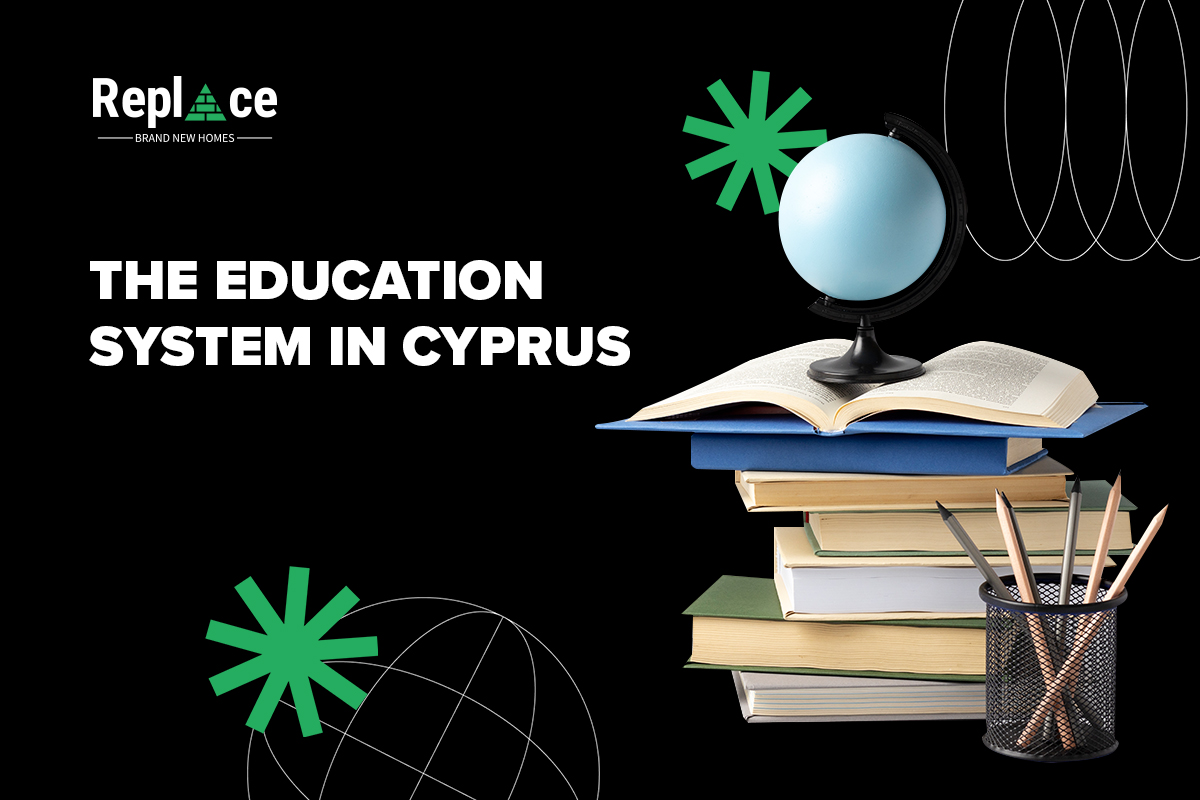The education system in Cyprus

Many of those who are considering making Cyprus their primary place of residence wonder about the quality and nuances of the education system on the island for their children’s sake. Overall, there are no issues with getting a decent education in Cyprus. The foundation of the state education system here is based on the English system, and there are also numerous private schools on the island that follow both the British and American systems.
Interestingly, private schools in Cyprus are considered to be more affordable compared to schools in the European and even CIS countries. This is because Cyprus used to be a British colony, and its education system is heavily influenced by the UK’s system. Additionally, there are many qualified professionals on the island who turn to private teaching after working in public schools.
The cost of annual education in a middle school (secondary school) ranges from 4,500 euros per year, while higher education can cost around 10,000 euros. It’s worth noting that secondary education in Cyprus starts at 8 in the morning, and children are let go at one or two in the afternoon. Therefore, it’s essential to plan additional activities for your child during their free time.
Furthermore, it’s important to understand that education in Cyprus follows a more modern approach compared to what people from CIS countries might be used to. Cypriot schools place a greater emphasis on developing so-called “soft skills” – skills of a general nature that aid in communication and personal achievements. Memorizing a large number of subjects is given less attention, and recent studies suggest that for a successful career, it’s essential to have personal and social skills, as well as specialized knowledge relevant to the chosen profession. Therefore, the distinctive features of the education system in Cyprus are seen as advantages in the modern world.
Continuing to list the advantages and distinctive features of the education system on the island, it’s worth mentioning that almost all private schools in Cyprus have accreditation from British universities. Therefore, after finishing school, a child will have the option to apply to a British university. However, it is still essential to carefully research which language exams and certificates are accepted by the establishment you are interested in.
Regarding differences between the English education system in Cyprus and the one known in CIS countries, in the English system, children start school at an earlier age. By the age of 4, a child can attend a reception class, where they will be taught in English, thus significantly improving their language comprehension.
Another distinguishing aspect is the attitude of teachers towards children. A child is considered to be an independent individual with their own needs and interests, which are taken into account by the teachers. For example, the format of parent-teacher meetings is limited to a conversation between the child’s parents and the teacher alone (without involving parents of other children), thus completely avoiding the element of comparing achievements or negative aspects of academic performance and behavior.
Finally, it’s nice to learn that schools in Cyprus offer a “Homework support” option, allowing parents to relieve themselves of the need to remember differential equations while helping their children with homework. There is also a wide range of after-school activities available, such as language courses or sports clubs, including classic football, basketball, or sports gymnastics.
And here is perhaps the most significant advantage: when choosing a school in Cyprus, you can opt for one that is located by the sea 🌴
✅If you have any questions about schools and life in Cyprus, or if you are interested in finding real estate, you can apply for a free consultation on our website.